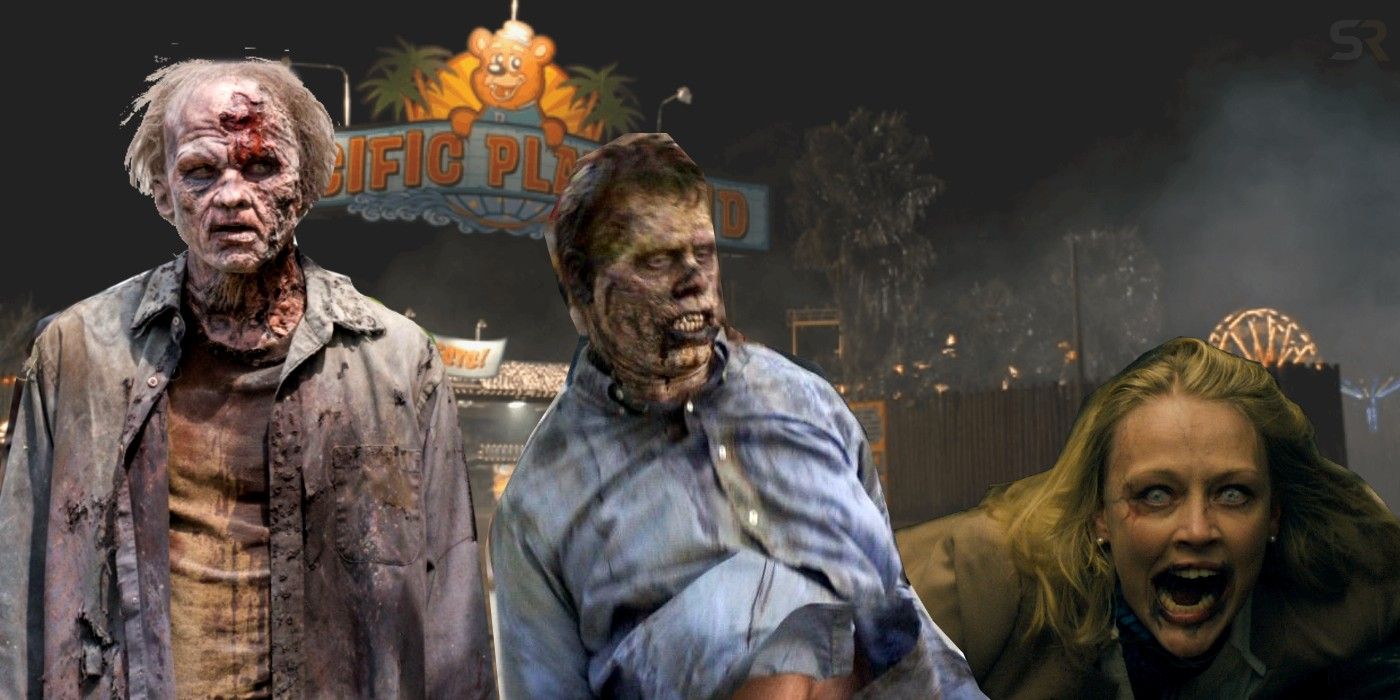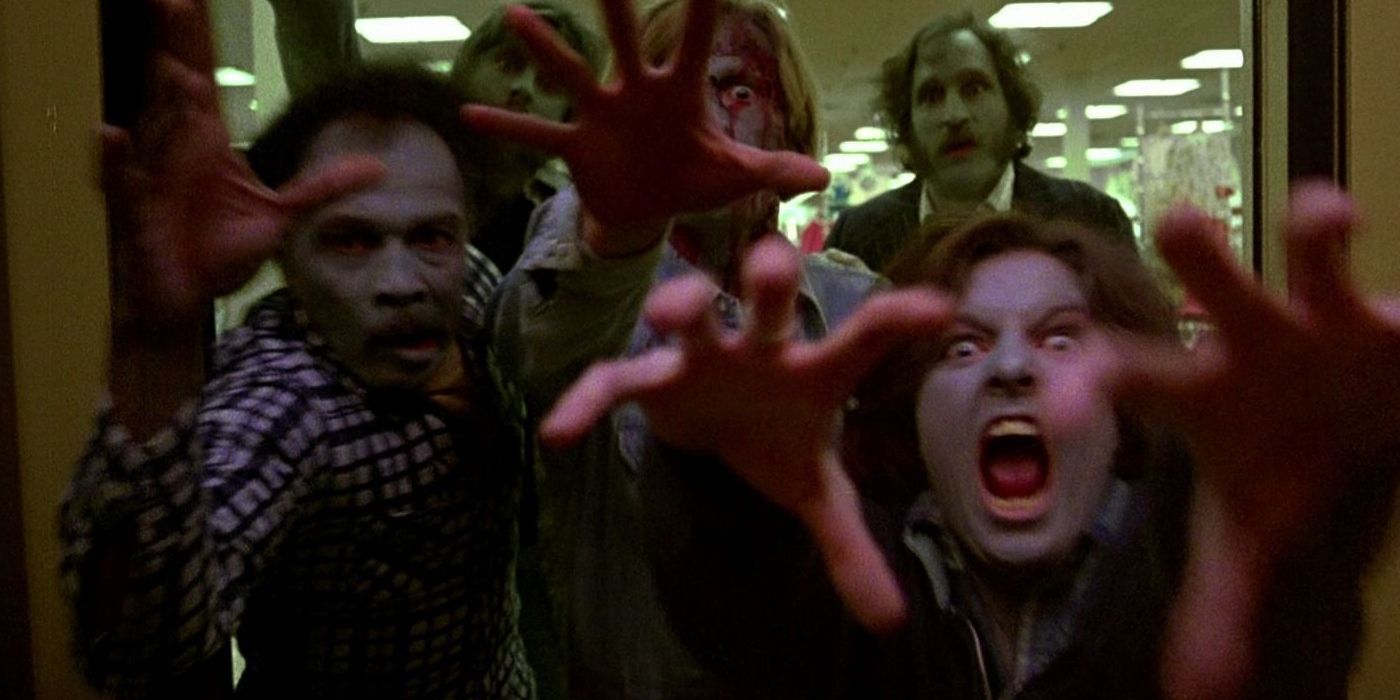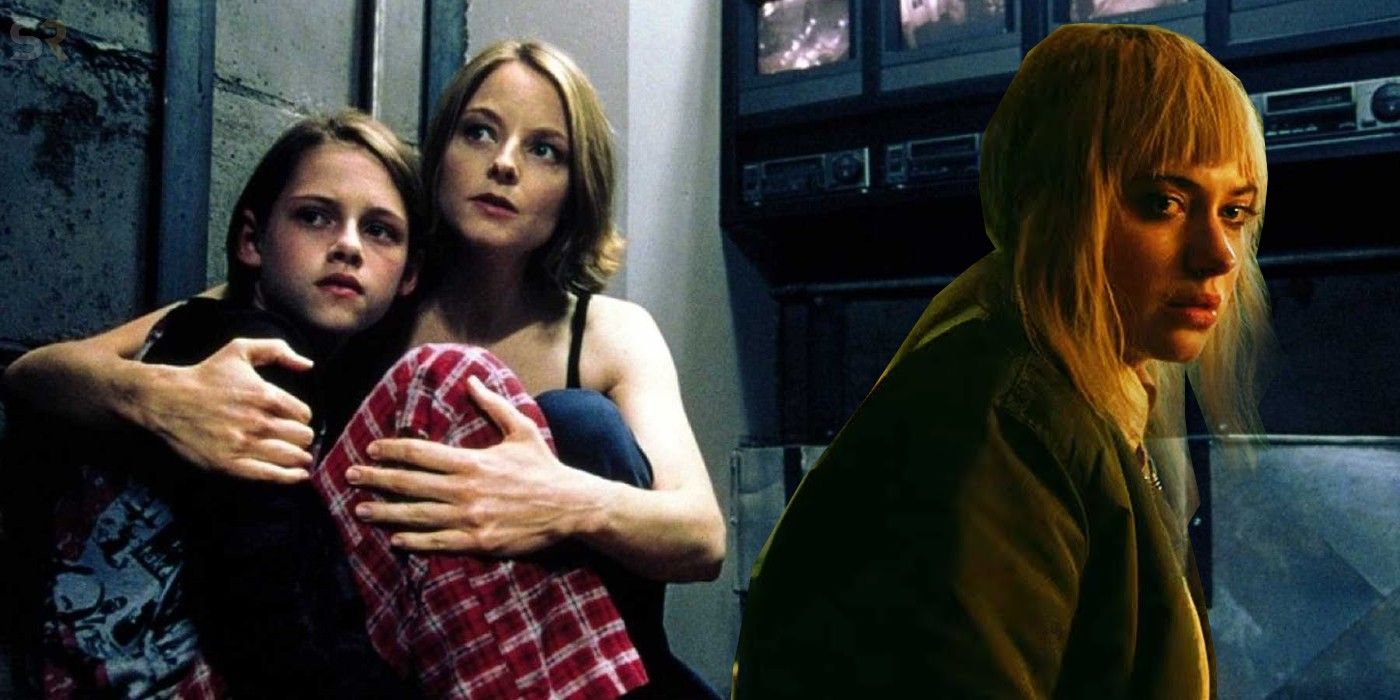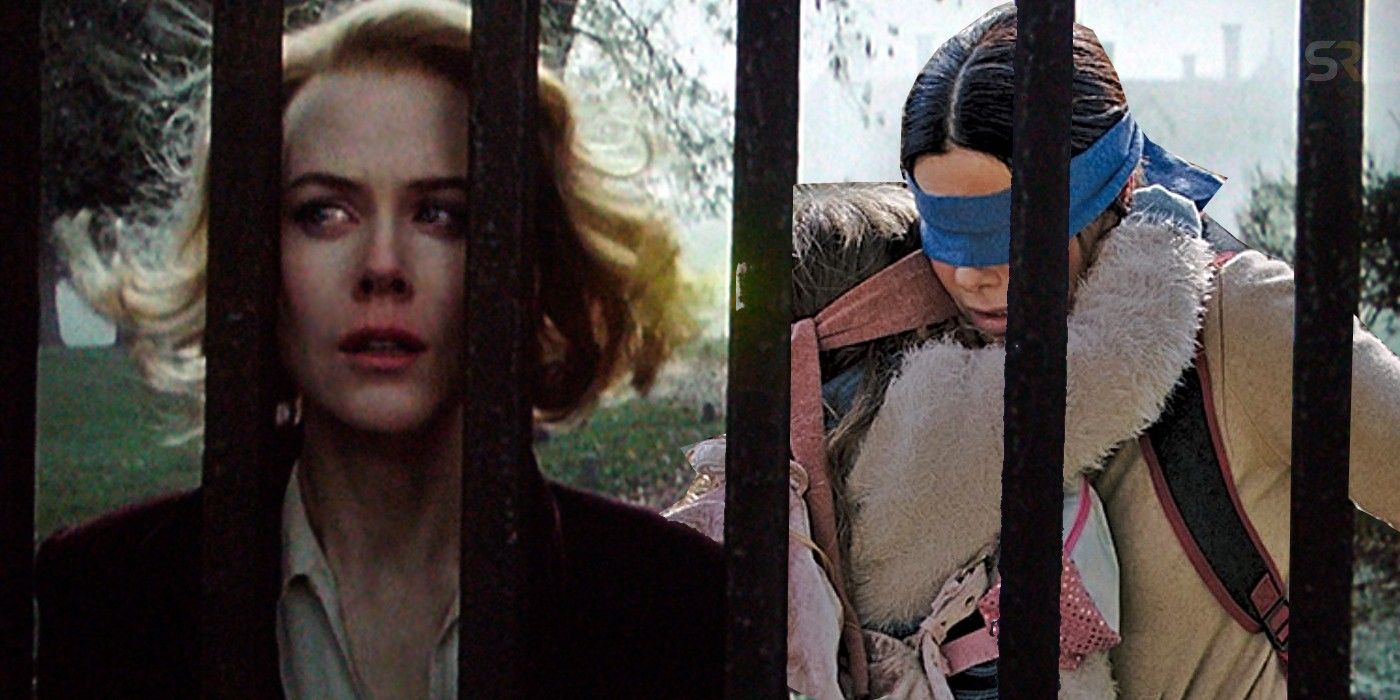With coronavirus leading to a quarantine under the threat of a global virus, horror fans might be tempted to turn towards zombie horror for escapism. However, while there are many parallels between the COVID-19 reality and the onscreen undead, the differences mean zombie movies to not provide the best outlet.
Like all film genres, horror has seen itself affected by the global pandemic, with many movies release dates postponed. Audiences have turned to streaming as a means of consuming media, with horror providing a vent for many people to channel their fears, combining entertainment with escapism.
The zombie genre, which dates back to 1931, has met success among audiences. It experienced a heyday throughout the 2000s and early 2010s, with releases like 28 Days Later and Dawn Of The Dead raking it in at the box office while zombie series The Walking Dead got off to a highly successful start. At their core, zombies represent a fear of contagion, of global annihilation from within. With coronavirus bringing the world to a standstill, isolation, infection, and disruption of normality are at the forefront of audience worries.
Zombie Movies Are The Bleakest Horror Movies
Zombie movies are extremely bleak, focused on survival but rarely providing a brighter future. Infection hasn’t stunted society, it has completely destroyed it, with no hope for return. “Hunkering down” is a permanent, rather than temporary reality. 2004’s Dawn Of The Dead encapsulates this Sisyphean meaninglessness by allowing its characters to manage escaping to an island, only to encounter a horde of zombies.
There are a handful of zombie movies that break from this nihilism, most of them horror comedy. Both Warm Bodies and Shaun of the Dead’s endings show a society rebuilt, paving a path for infected people to reintegrate. The 28 Days Later franchise does the best jobs among non-parody zombie movies of demonstrating the importance of government action. Its empty streets and strict protocols ring true to the contemporary social distancing climate. However, the problem, as with all zombie movies, is that it pits the uninfected against the infected. The zombies are the antagonist, the movie’s monster, rather than the infection itself. Zombie movies offer little hope for the future towards those who succumb to the disease, pathologizing sufferers.
Escape Horror Offers Escapism From Coronavirus
Escape horror provides an outlet towards representing the claustrophobia of social distancing while offering a more positive outcome. Movies like Panic Room and Green Room present characters trapped in an enclosed space, surrounded by antagonists, with a clear goal in mind: escape. Often, these movies end with the protagonists succeeding, albeit at great cost. After a bout of suffering, surviving characters are able to move on with life as they previously knew it. With quarantine in full blow, this prospect of escape allows audiences to live vicariously through characters’ success.
Coronavirus Necessitates A New Genre: "Restriction Horror"
“Restriction horror” can be used to describe any situation where characters are forced to restrict their actions and ways of living because of external circumstances. The Others provides a classic template while simultaneously matching coronavirus realities: a disease forces characters to remain indoors amid claustrophobia, fear, and the longing for a different life.
The 2010s marked new restriction horror with greater scope in A Quiet Place and Bird Box. These movies pit humans against a universal problem, rather than against each other. Though the selfishness of some is acknowledged to severely impact the wellbeing of others, characters in these ultimately have to work together. These movies usually provide a positive resolution much needed in the uncertain times of coronavirus, a path for individuals and wider society to escape and rebuild. Although zombie movies certainly include elements of people teaming up, it is usually to escape the inescapable for as long as possible. Restriction horror sees characters banding together, with family, with friends, with strangers, in an attempt to not only survive, but someday be able to move past their current situation.




